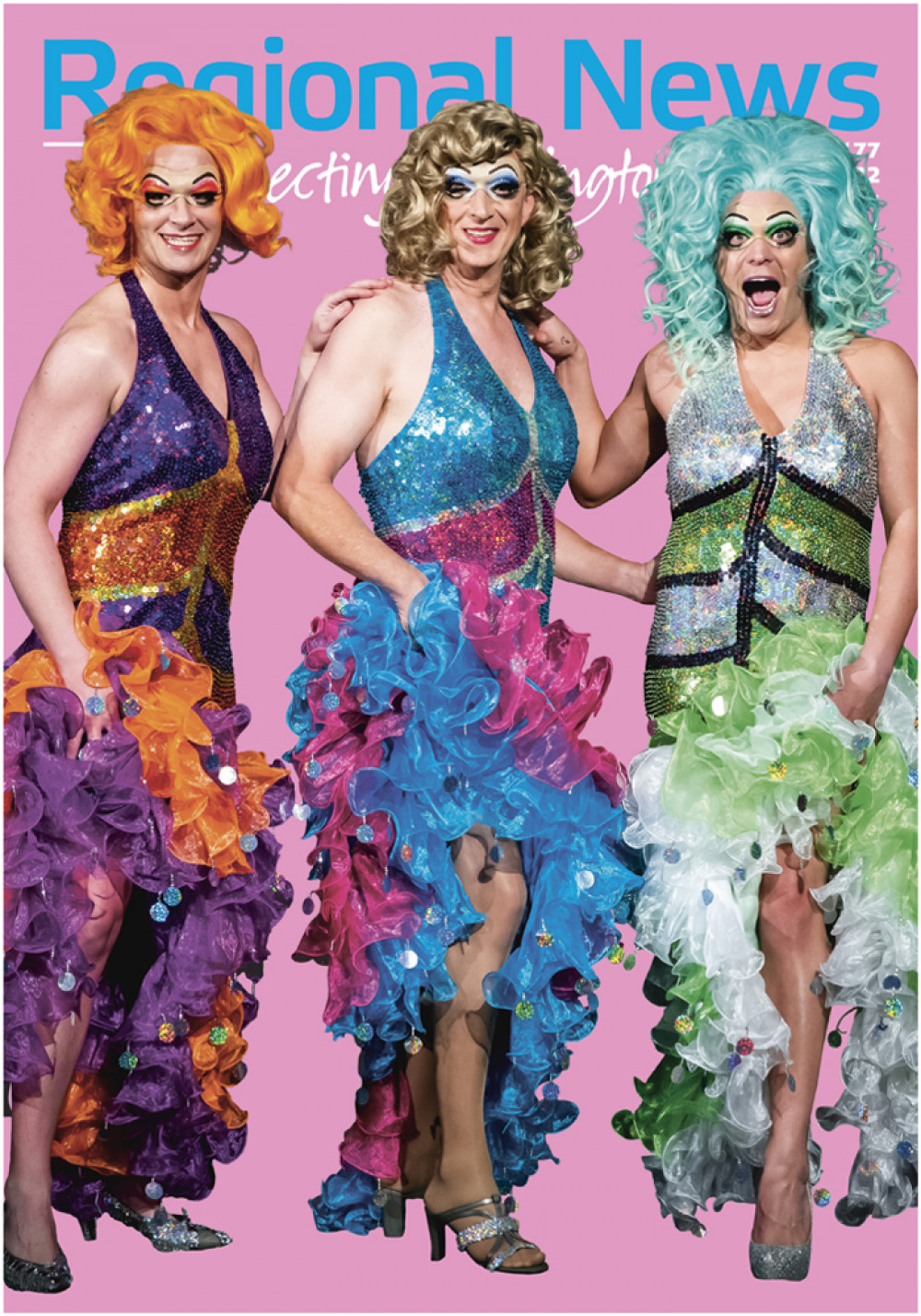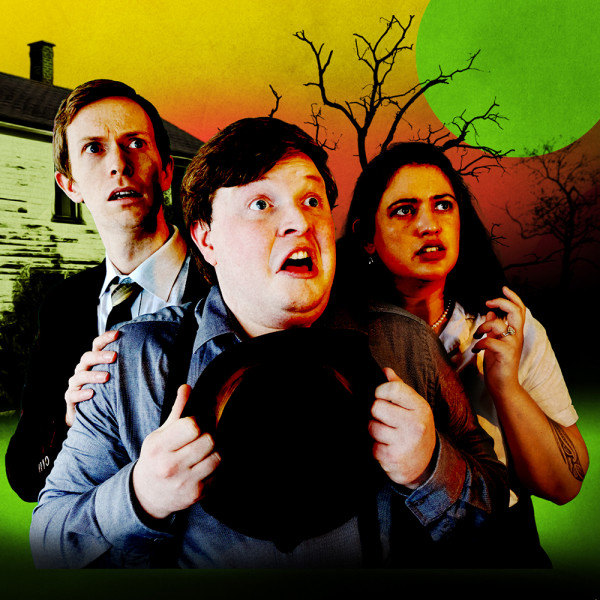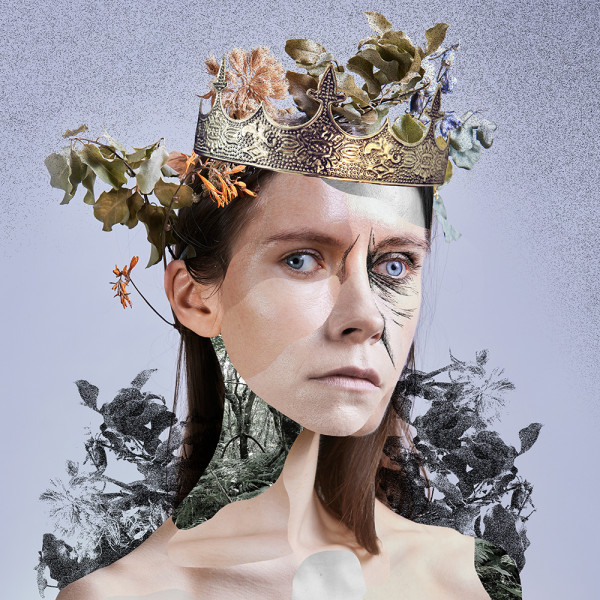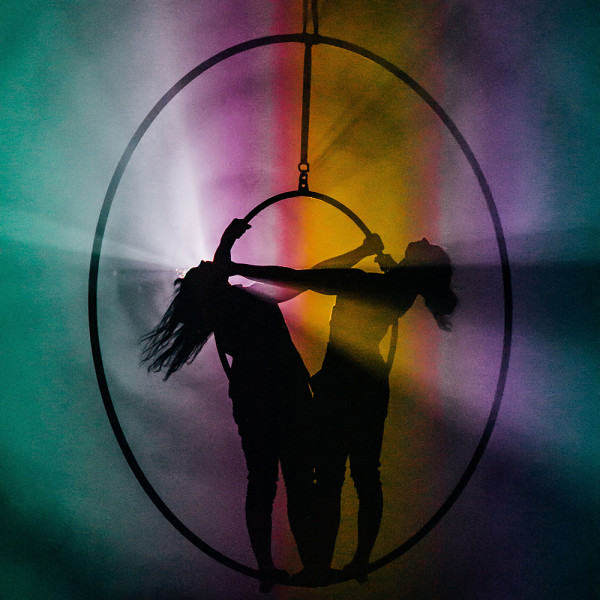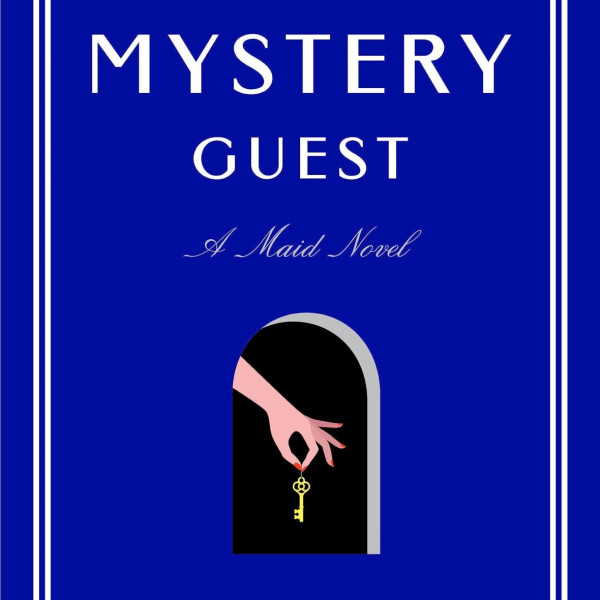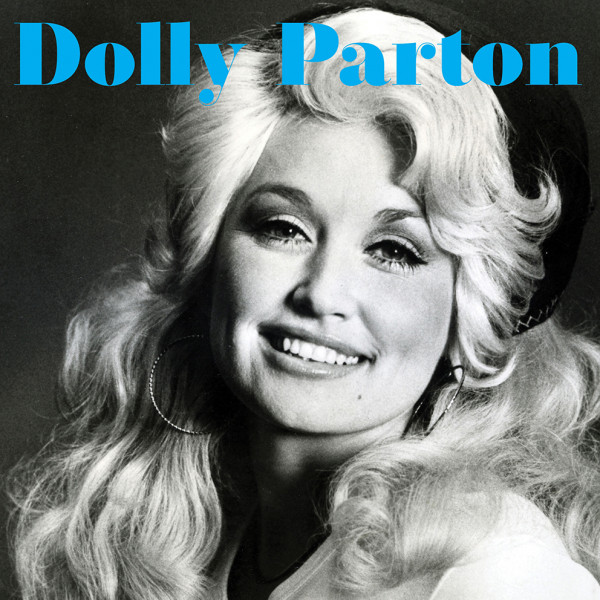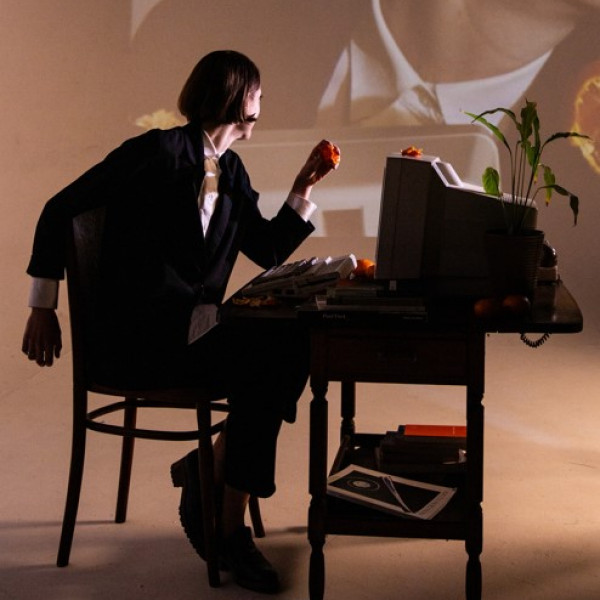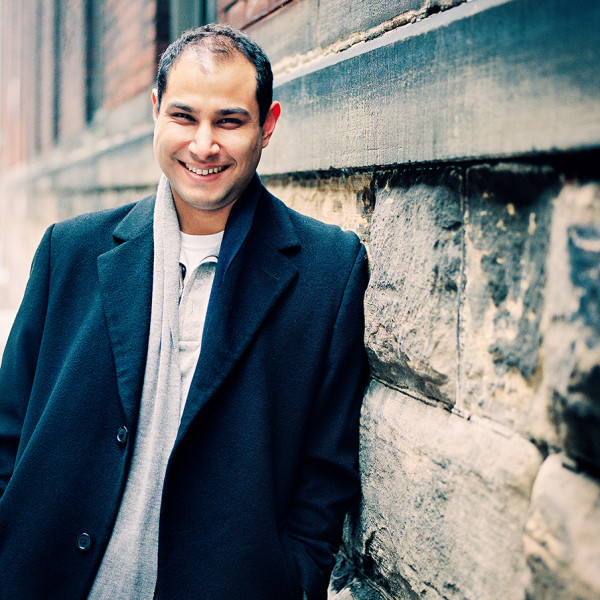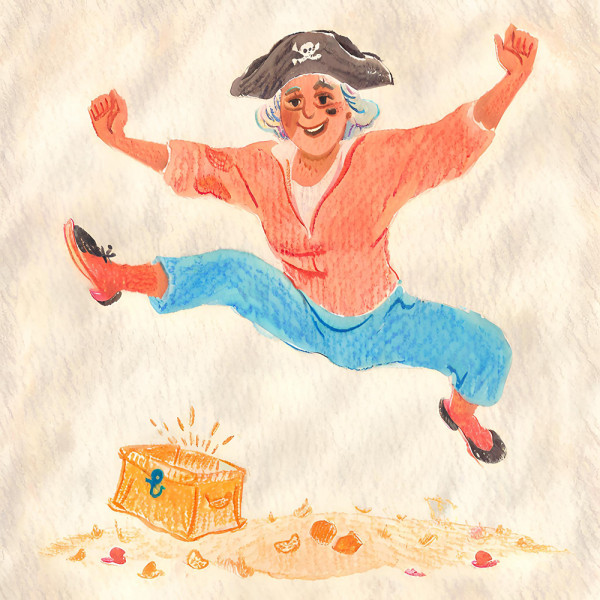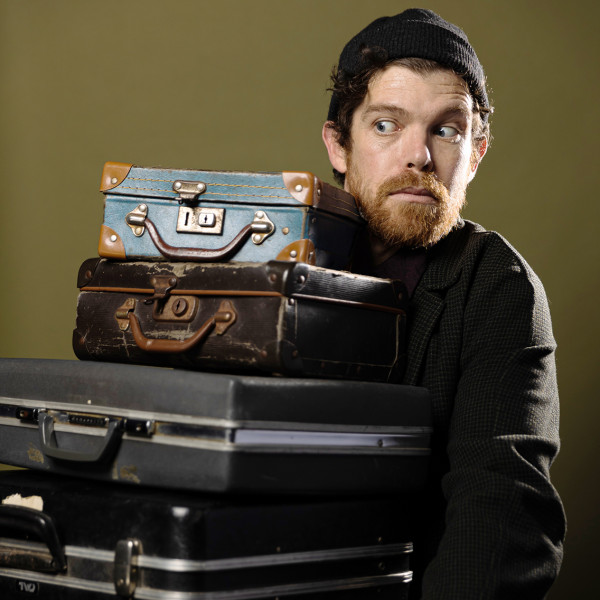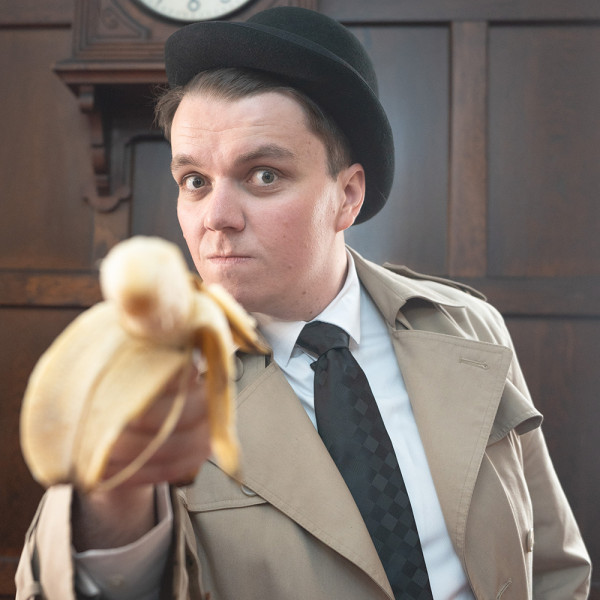
Murdered to Death
Written by: Peter Gordon
Directed by: Jamie Byas and Oliver Mander
Gryphon Theatre, 20th Mar 2024
Reviewed by: Alessia Belsito-Riera
Something is afoot! Inspector Pratt (Harrison Stuart) isn’t quite sure what exactly… or who, or where he is for that matter, and who all these strange people are, but by golly is he determined to find out.
Whatever suspicions Inspector Pratt may harbour, it doesn’t take a professional sleuth to deduce that Wellington Repertory Theatre’s Murdered to Death is the perfect murder mystery farce. Set in 1980’s Auckland, this Agatha Christie spoof is set in the beautiful salon (brilliant set design by Oliver Mander) of Mildred Bagshot (Susannah Donovan). She is excited for the weekend spent in the company of her dearest friends and ever so grateful for her niece’s help – Dorothy Foxton (Talia Carlisle) will be handsomely rewarded in her will for all she does. Her butler Bunting (Vince Jennings) is certainly looking worse for wear though. She is expecting Colonel Charles Craddock (Mike McJorrow) and his wife Margaret (Amy Bradshaw), the highbrow Elizabeth Hartley-Trumpington (Carly Daniels), and French art dealer Pierre Marceau (Finnian Nacey) to arrive any minute. She was not expecting Joan Maple (Brianna McGhie), however, who arrives uninvited – wherever she goes someone always ends up… Murdered to Death!
As the rest of the evening unfolds, the odds seem stacked against Inspector Pratt, whose only hope is his assistant Constable Thompkins (Sonique Paewai) – an endearing and perfectly proficient police officer (and performer, as Paewai quickly becomes my favourite). Seven suspects, each with no alibi. It’s a police PR nightmare.
Intentionally and hilariously over the top, the performers each enact their respective tropes to a T, crying and conniving, berating and blackmailing to their hearts' content under Jamie Byas and Oliver Mander’s tight direction. Carol Walter and Wendy Howard’s wardrobe design is equally as outlandish in the best way possible. With a little more fine-tuning, the lighting design (Brian Byas) could bring the already high tension to knife-cutting levels.
Ladies and gentlemen, Murdered to Death will make you laugh bloody murder.



